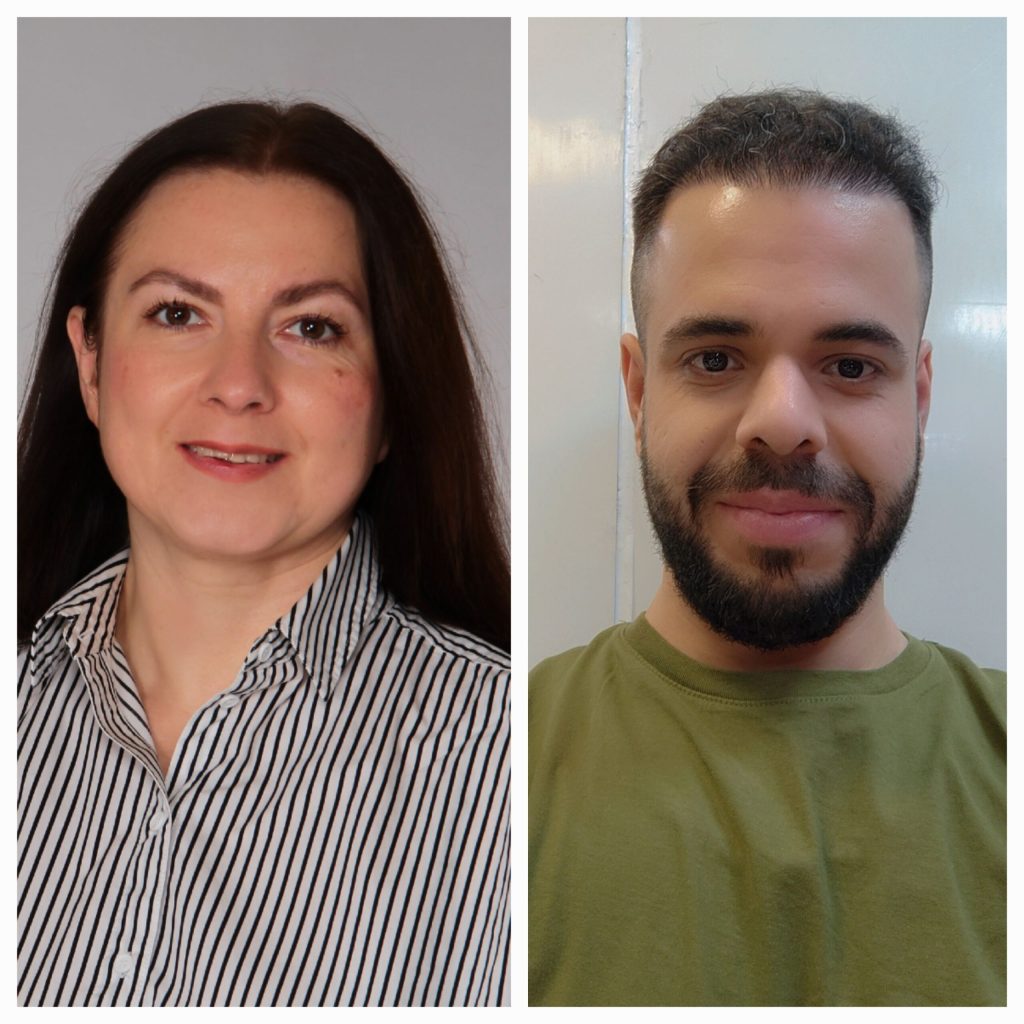Hof University of Applied Sciences, in cooperation with the Kompetenznetzwerk Wasser und Energie e.V. successfully completed a new type of further training programme: A total of 19 participants took part in course modules to gain further qualifications for tasks in the Bavarian water industry. The 15-week course was aimed specifically at people from refugee and migrant backgrounds who are currently receiving citizens' benefits. It is to be repeated from mid-November.

The Course "Engineering-Technical Transfer Qualification for Bavarian Water Management (ITTQ)" prepares students in a very practical way for a lateral entry into planning activities in water management," says Prof Günter Müller-Czygan from the Institute for Sustainable Water Systems (inwa) of the Hof University of Applied Sciences. Supported by companies, planning organisations, local authorities and other water management organisations, the participants gain basic knowledge of urban water management, which is to be deepened through subsequent on-the-job training in companies. The partner organisations take on both individual learning modules and the supervision of specialist internships.
Multilingual knowledge transfer
One of the certified participants, Ahmed Al Kurdi from Syria, reports: "I've been in Germany for a year and 10 months. In Syria, I studied mechanical engineering and worked in the field of programming." And he continues:
After my escape, I attended two language courses in Germany. Nevertheless, it was good that the course was multilingual, so that I could also read the content again online in my native language - especially because the technical terms in water management are of course very different from normal language courses."
Ahmed Al Kurdi
He particularly enjoyed the work placement part, Ahmed Al Kurdi continues: "I was able to learn a lot and gain an insight into the German work system. The lab work was also exciting and I was able to build up knowledge of different computer programmes. Of course, I hope that this course will now help me to improve my chances on the German labour market - perhaps at one of the companies that I have already had the opportunity to get to know," says Al Kurdi.
Build self-confidence
Olha Kustova from Ukraine has also had good experiences with the further qualification programme at Hof University of Applied Sciences. She first heard about the new course from a friend: "Of course it's difficult to integrate quickly into a completely different society and you're often afraid of not finding a job. But this course has helped me to communicate better and build up my self-confidence - I feel better now". Olha Kustova adds:
As a civil engineer, I am used to different processes and different standards from my work in my home country. Of course, that makes you a bit nervous, especially as I had no contact with the water industry. But all the topics were very interesting - from environmental protection to sustainability and water purification."
Olha Kustova
She was particularly interested in the sponge city concept, which is taught intensively at Hof University of Applied Sciences: "This helps to deal with heavy rain and severe drought in a very sustainable way - it is fascinating to see how much value is placed on these things in Germany."
She is now hoping to quickly find her feet and become an expert in the field: "I want to work, to work every day! To do this, I must and will continue to improve my language skills," says the refugee, who now wants to write lots of job applications.
Requirements for participation and application
Participants in the course must be technically trained or at least have previous training and provide proof of this. A qualification as a technician or engineer with a Bachelor's or Master's degree or comparable training outside the EU with a recognised qualification will be checked in advance. An integration course and the ability to communicate in a short conversation in German must also be demonstrated. Knowledge of computers and MS Office is also welcome, as the lessons take place online. Finally, approval must also be obtained from the relevant job centre for participation. You can apply for the course, which starts again on 18 November 2024, at ITTQ@hof-university.de
Promotion
The course is free of charge for participants. The certificate course is subsidised by the European Social Fund (ESF) in Bavaria. Further information is also available at ITTQ@hof-university.de available.
